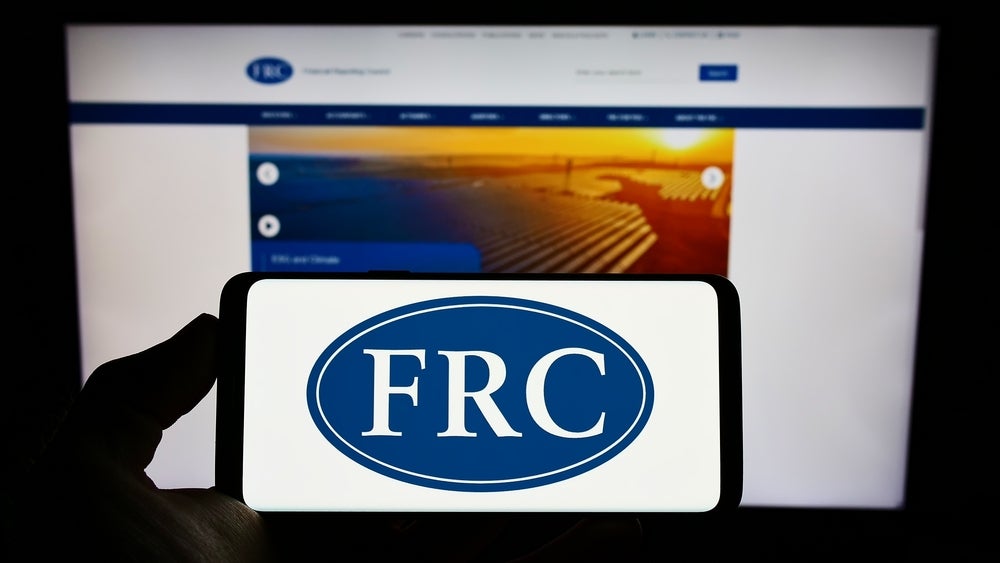A new report claiming concentration in the UK audit market is
directly linked to higher audit fees has been challenged by all the
Big Four firms.
‘Concentration, Auditor Switching & Fees in the UK Audit
Market’ was commissioned by UK mid-tier firm BDO Stoy Hayward (BDO)
and conducted by the London School of Economics (LSE) to study
whether there was a direct relationship between high concentration
among Big Four auditors and the level of audit fees being paid by
clients.
According to the report, the collapse of Arthur Andersen and the
subsequent reduction of the Big Five to the Big Four in 2002 led to
a 2.4 percent increase in the average audit fee paid by listed
companies when other factors such as changes in regulation were
considered. The report noted that audit fees continued to grow in
every subsequent year.
However, several Big Four UK accounting firms said the research
revealed no new information with one firm suggesting the survey
suffered from serious flaws. Deloitte UK national audit technical
partner Martyn Jones described the report as simplistic and said
the survey analysis appeared to be an inadequate reflection of the
factors which would affect the audit fees of large companies.
Jones said some of the factors included the introduction of
International Standards on Auditing, the adoption of IFRS, the
impact of Sarbanes-Oxley and the introduction in the UK of new
audit regulation following Enron. He said all these added
considerably to the audit fees of larger entities.
Ernst & Young managing partner for regulatory and public policy
Jan Babiak agreed with Jones. “There have been significant market
changes for the profession since 2002, from systems changes to
accounting regulations and new independence rules, which all impact
the cost of an audit,” she said.
How well do you really know your competitors?
Access the most comprehensive Company Profiles on the market, powered by GlobalData. Save hours of research. Gain competitive edge.

Thank you!
Your download email will arrive shortly
Not ready to buy yet? Download a free sample
We are confident about the unique quality of our Company Profiles. However, we want you to make the most beneficial decision for your business, so we offer a free sample that you can download by submitting the below form
By GlobalDataRichard Sexton, UK head of assurance at PricewaterhouseCoopers,
said the report did not raise anything new and appeared
inconsistent with his firm’s client experience in what was a
fiercely competitive market.
KPMG UK head of audit Richard Bennison agreed competition was still
fierce despite the fact only four firms carry out big-ticket
audits. KPMG currently audits 26 out of the FTSE 100 and 21 percent
of the FTSE 350. “Every time we come up in a proposal whether it is
one firm we are competing against or whether there are four or
five, including BDO, the price will be competitive, and whether BDO
are in there or not does not make one iota of difference to the
price that we would have to quote to win the work,” Bennison said.
He said clients were choosing audit firms on the basis of price and
quality.
The research also suggested a drop of just 10 percentage points in
the market share currently held by the Big Four could lead to a
fall of 7 percent in the annual audit fees paid by UK listed and
private companies. All FTSE 100 companies are audited by one
of the Big Four and only 3 percent of FTSE 350 companies are
audited by a mid-tier firm. BDO Stoy Hayward managing partner
Jeremy Newman said the research revealed there was a real cost of
high market concentration among auditors and that the current
market structure needed to change. The LSE research involved the
study of 1,279 listed and private companies between 1998 and
2006.





